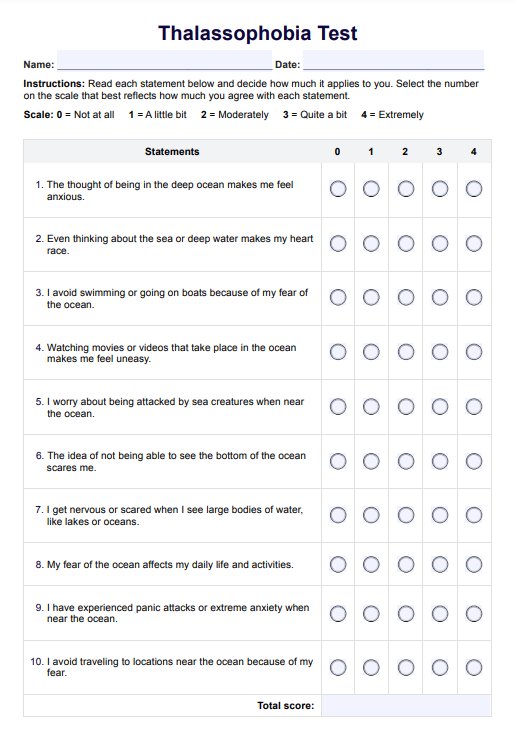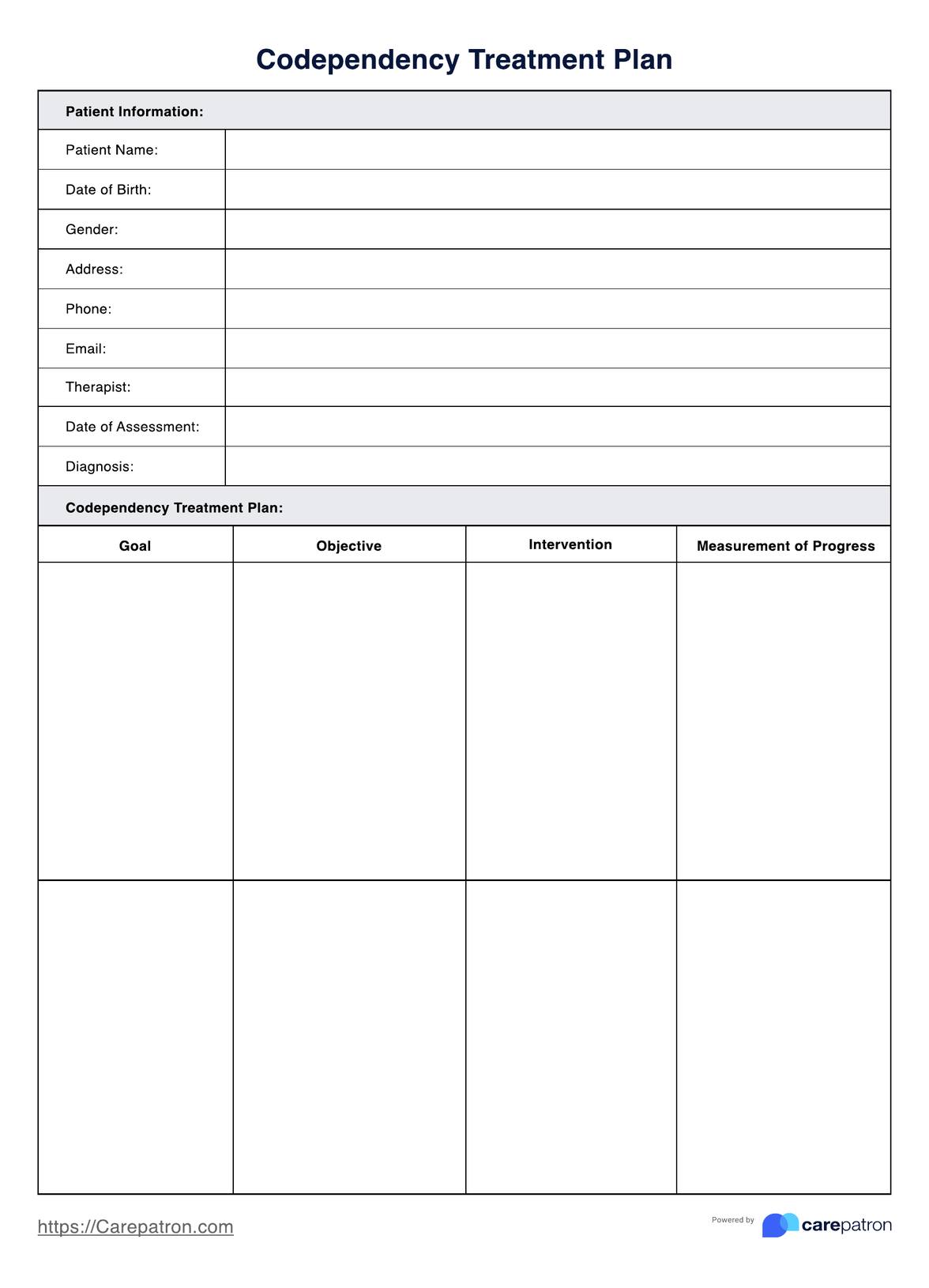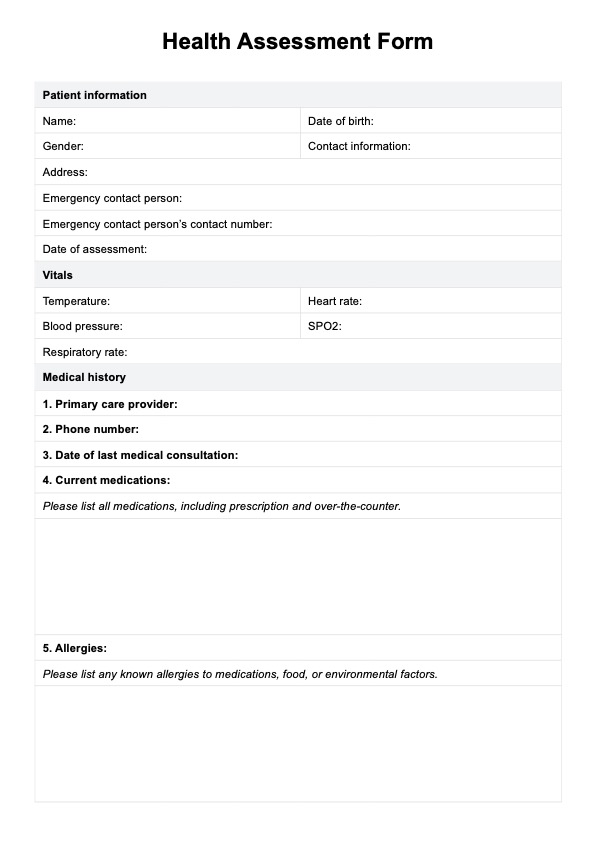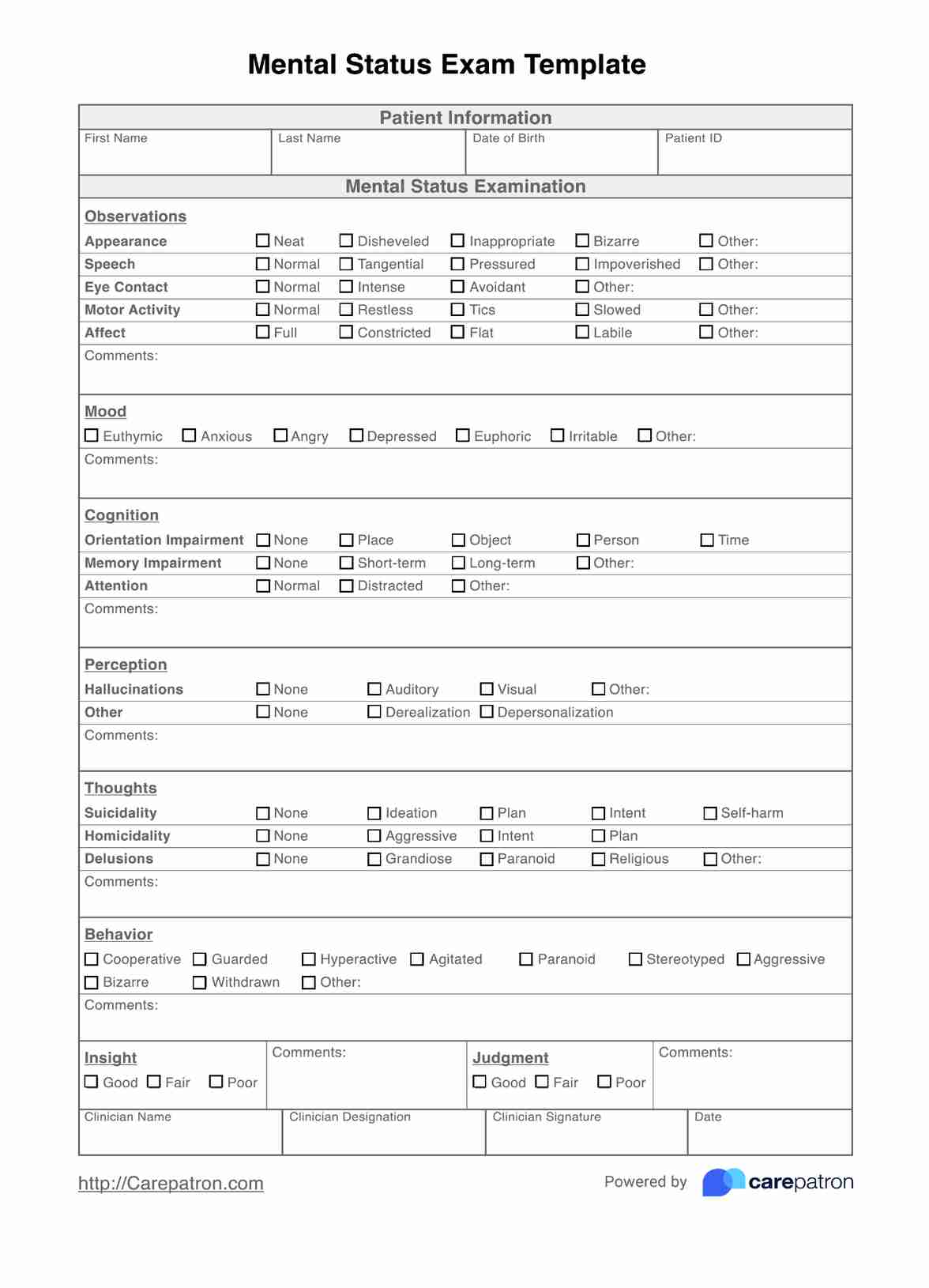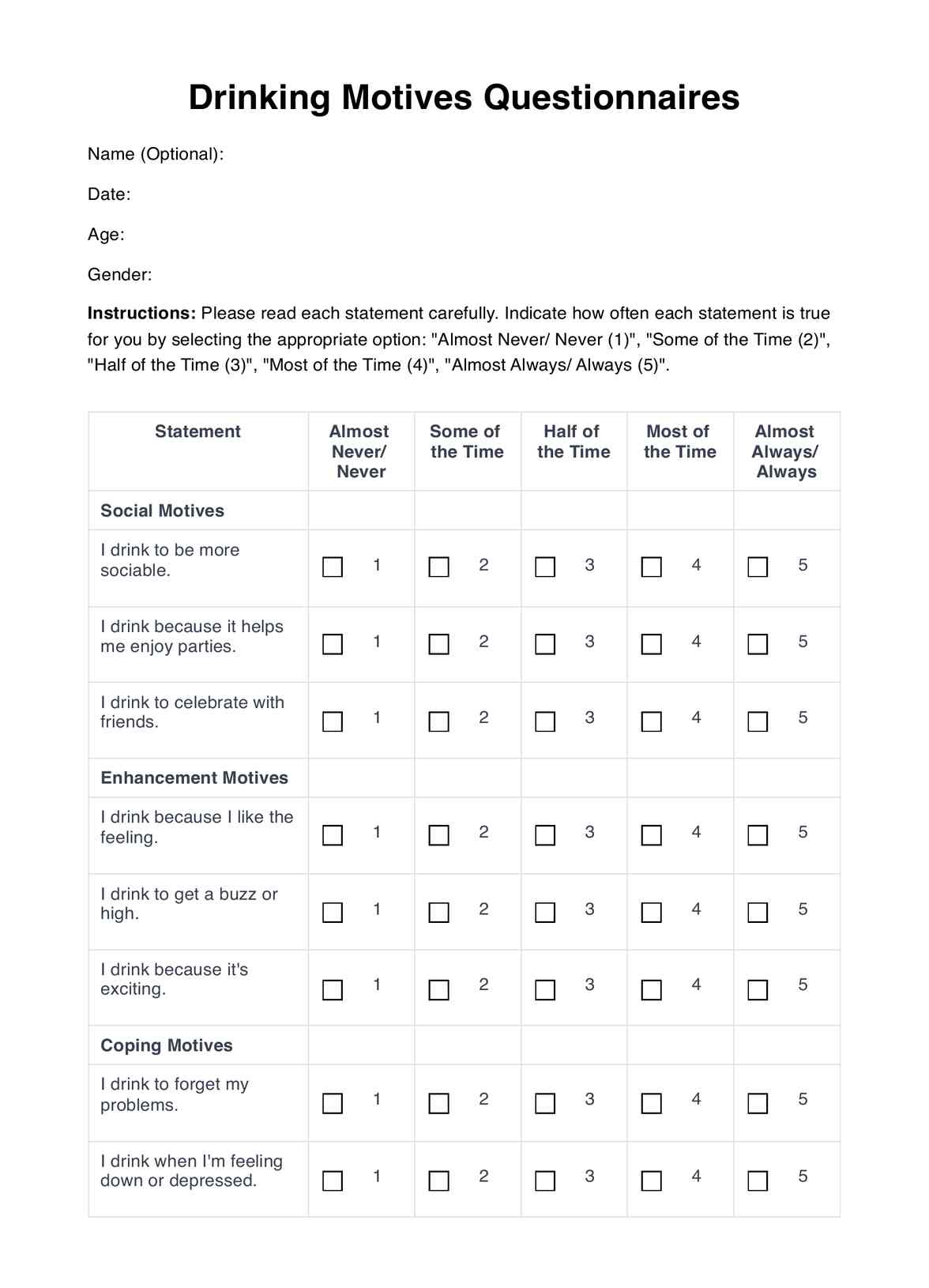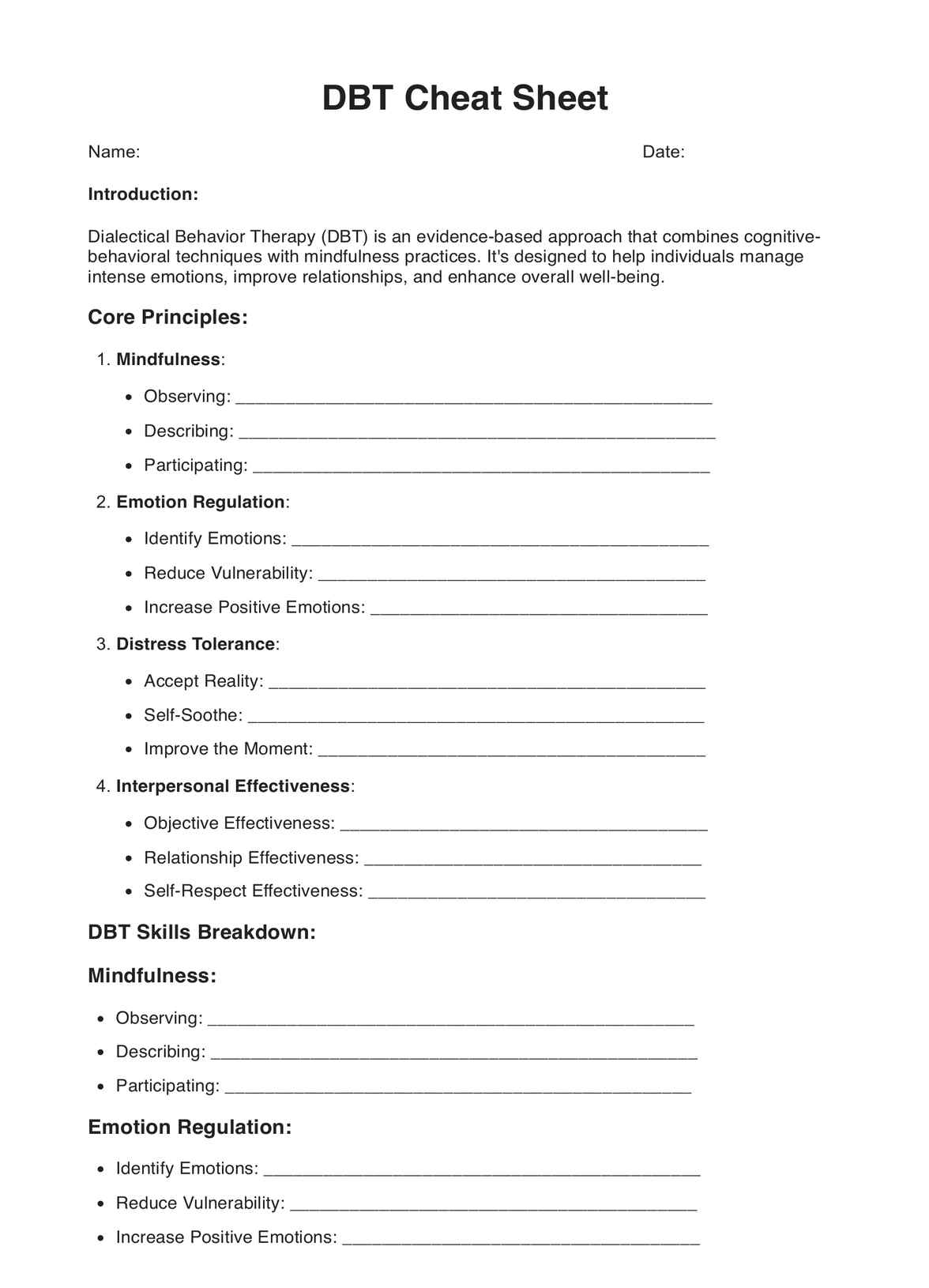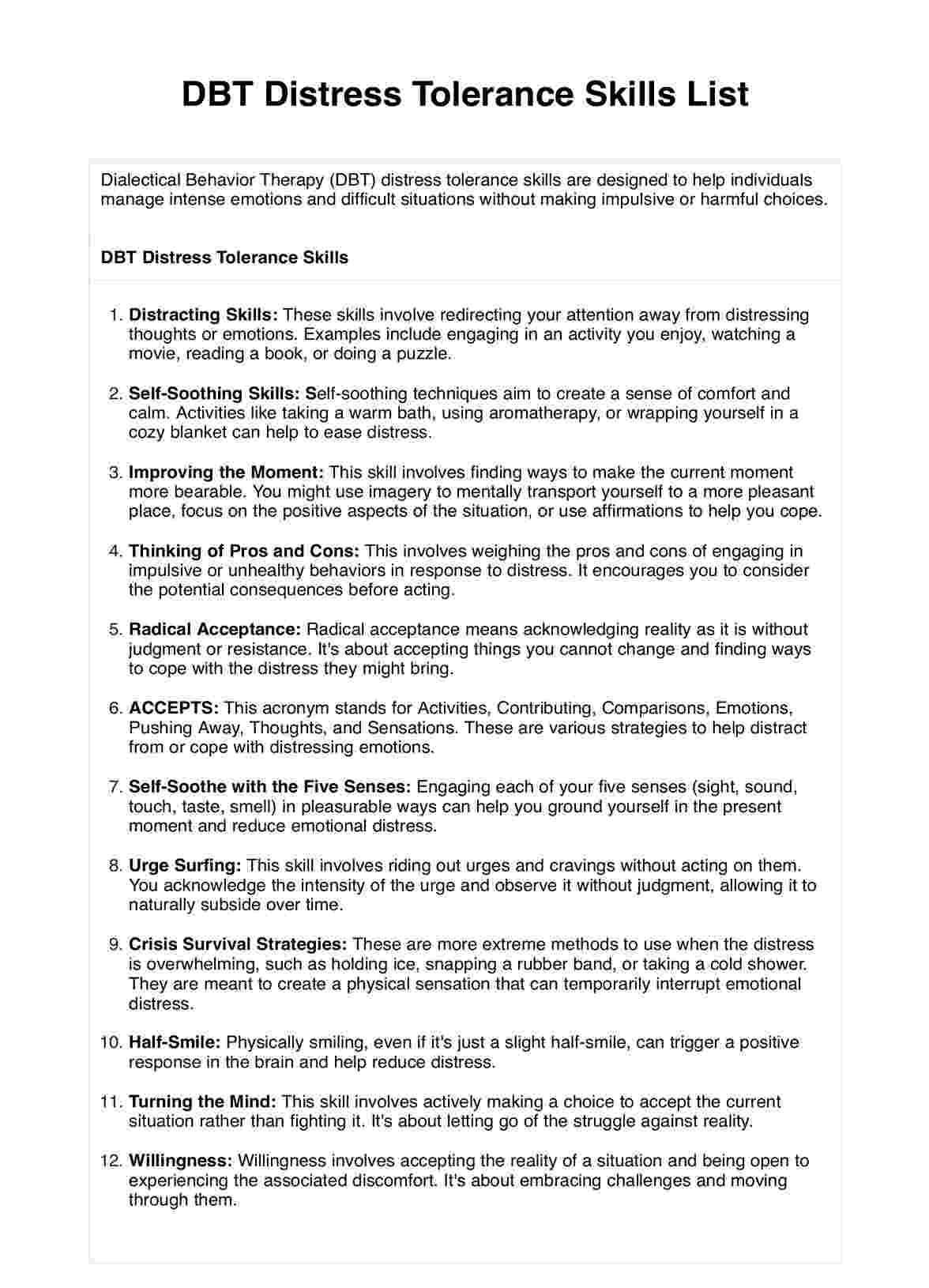Mental Health Check-in Worksheet
Improve emotional well-being with our free Mental Health Check-In Worksheet. Reflect on feelings, focus, and relationships for improved mental health.


What are mental health check-ins?
Navigating our own mental health can be challenging with the demands of daily life, the constant pull from various responsibilities, and the relentless pace. In this hustle, we sometimes lose sight of caring for our mental health, neglecting the flow of our feelings.
This is where the concept of a mental health check-in becomes invaluable. Imagine having a moment to pause, reflect, and assess your emotions. It's a lifeline to understanding, a bridge to self-discovery, and a gateway to building a healthier relationship with your mental health.
Whether you're a student navigating academic stress or an adult juggling work and family responsibilities, the necessity for a regular mental health check-in is universal. It's a conversation, not just with yourself but with your well-being. Consider it a self-compassionate gesture—a commitment to fostering a positive connection with your self-esteem.
For children, it can be a gentle introduction to acknowledging and understanding different emotions, providing them with tools to navigate the early stages of their emotional development. Teachers might find it invaluable in fostering a supportive environment for their students. At the same time, parents can incorporate it into their family routine, creating a safe space for discussions around emotions.
This practice extends its reach in the corporate office setting, allowing adults to engage in a reflective conversation about their mental health. It's a proactive approach towards maintaining a balanced and fulfilling life. So, whether you're part of a therapy group, a concerned parent, a thoughtful client, or a caring school psychologist, a mental health check-in serves as a compass, guiding us back to the core of our emotional wellness.
Mental Health Check-in Worksheet Template
Mental Health Check-in Worksheet Example
When to seek help: signs and symptoms a loved one is struggling
Recognizing signs of a loved one struggling with their mental health is crucial for providing support. Sometimes, subtle changes might go unnoticed.
1. Changes in behavior
Often, alterations in behavior are the initial indicators. Watch out for shifts in routine, withdrawal from social activities, or diminished enthusiasm for hobbies. These can be manifestations of underlying mental health issues.
2. Emotional expressions
Pay attention to their feelings. A sudden and persistent change in mood, heightened irritability, or uncharacteristic emotional outbursts might indicate internal struggles. For children, look for changes in academic performance or unusual behavioral patterns.
3. Physical symptoms
Sometimes, mental distress manifests physically. Unexplained headaches, fatigue, or changes in sleep patterns can be subtle cries for help. Heightened anxiety may result in restlessness or noticeable weight changes.
4. Social withdrawal
A decline in social interactions, especially for students or kids, can indicate internal challenges. A once-active participant in group activities may start avoiding them.
5. Communication patterns
Changes in communication, particularly in writing, can be significant. If a loved one starts expressing dark thoughts or frequently uses negative language, it's crucial to intervene.
6. Resistance to therapy
A reluctance to engage in therapy or participate in mental health worksheets might signal an internal struggle. Encourage open discussions about the benefits of seeking help.
7. Changes in substance use
An increase in substance use can be a form of self-medication. It may indicate an attempt to cope with overwhelming emotions.
8. Lack of motivation
A noticeable decline in motivation, especially in adults or parents, can be an early sign of depression. Encourage setting small goals and tracking progress.
Seeking professional help
If signs persist, consider suggesting telehealth options for therapy. Encouraging a loved one to write about their emotions or utilize free resources can be a positive step.
Track these signs and offer a supportive space for your loved one to act on their feelings, which can contribute to their overall well-being. Remember, addressing mental health issues is a collaborative journey, and your understanding and support can make a significant difference.
How to use this check-in worksheet
This Mental Health Check-In Worksheet is designed to provide a structured approach to assessing and reflecting on your mental well-being. Follow these steps to effectively utilize the worksheet for your self-awareness and mental health evaluation:
Step 1: Download the template
Begin by downloading the Mental Health Check-In Worksheet template. Ensure you have a digital or printed copy readily available for use.
Step 2: Complete personal information
Fill in the necessary personal and health information sections at the beginning of the worksheet. This ensures a comprehensive overview for your mental health professional or your records.
Step 3: Rate your overall mood
Assess and document your overall mood in the past week using the rating scale (0 to 10). This numeric representation offers a snapshot of your emotional well-being.
Step 4: Visualize your emotions
Select the emoticon(s) that best represent how you feel. This visual element adds depth to your self-assessment, allowing for a nuanced understanding of your emotional state.
Step 5: Reflect on challenges and strengths
Answer the reflection questions in Section 1, identifying the primary challenges affecting your mental health and acknowledging the aspects that remain strong or resilient.
Step 6: Evaluate specific areas of concern
Sections 2 and 3 address stress, anxiety, relationships, and self-care. Use the rating scale to quantify these aspects of your experiences.
Step 7: Seek support and resources
Identify your support system, both personal and professional. If needed, list resources such as therapists, support groups, or self-care activities that can contribute to your mental well-being.
Step 8: Regular review and adjustment
Periodically revisit this worksheet, re-evaluating your mood, updating challenges and strengths, and adjusting goals as necessary. Use it as a dynamic tool for ongoing self-reflection.
This Mental Health Worksheet is valuable for individuals, mental health professionals, and caregivers. Regularly engaging with the worksheet contributes to a proactive approach to mental health, fostering self-awareness and enabling informed conversations with mental health professionals when needed.
Other useful mental health-related resources
At Carepatron, we understand the importance of prioritizing mental well-being. In addition to this Mental Health Check-In Worksheet, we offer various resources to support personal development and enhance overall well-being. Explore the following excellent resources:
- Mental Health Screening: A comprehensive tool designed to help individuals assess their mental health status and identify areas needing attention, providing an excellent resource for therapists and individuals seeking a positive approach to well-being.
- Mental Health Assessment: This assessment tool goes beyond the surface, offering a deeper exploration of mental health issues and providing new ideas for coping strategies, making it a valuable resource for therapists and patients.
- Mental Health Daily Checklist: A practical and positive daily checklist to promote self-improvement and wellness, offering a free and accessible tool for individuals seeking to enhance their daily coping mechanisms.
- Mental Health Self-Care Checklist: Focused on self-care, this checklist is for those prioritizing their health and wellness, providing valuable tools for therapists working with patients on personal development.
- Mental Health Worksheets: A collection of diverse worksheets covering various aspects of mental health, offering a positive and free resource for enhanced life coping skills.
- Fun Mental Health Worksheets: Combining positivity with personal development, these mental health worksheets are designed to make the process enjoyable while offering practical tools for therapists, patients, and anyone focusing on mental health wellness.
Carepatron strives to contribute positive outcomes to the well-being of individuals by providing tools, assessments, and resources that they can utilize in their journey toward improved emotional health.
For a wealth of resources to improve your practice and enhance client satisfaction, check out the mental health evaluation template, health worksheet template, and mental health worksheet template.
Commonly asked questions
The worksheet is designed for individuals of all ages, from children to adults, seeking a tool to reflect on their mental health and foster self-awareness.
Use it regularly to assess and track your mental well-being or during heightened stress when a reflective pause can be beneficial.
The time varies, but on average, it takes about 30-60 minutes to complete, providing a quick yet insightful self-reflection session.


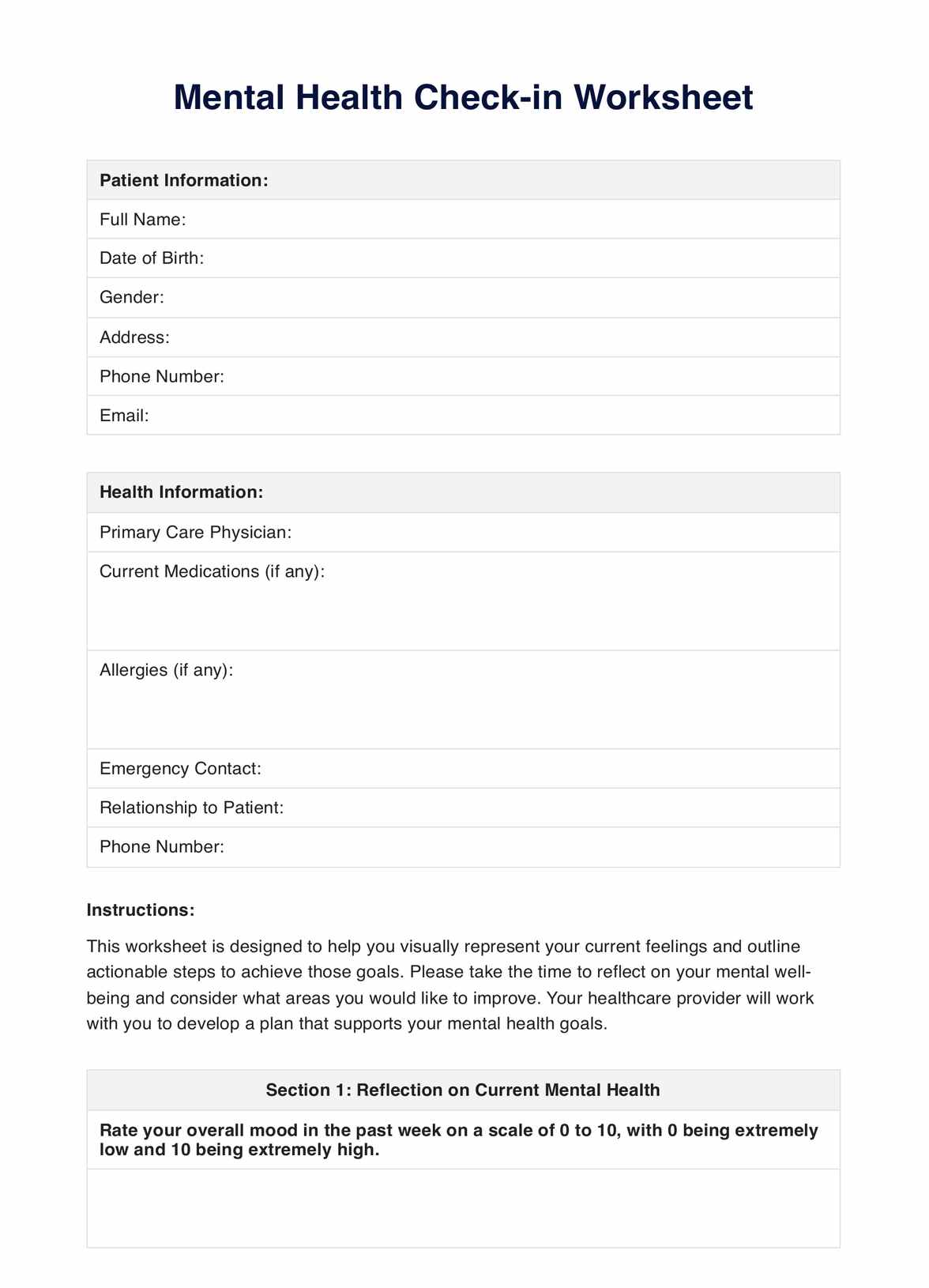
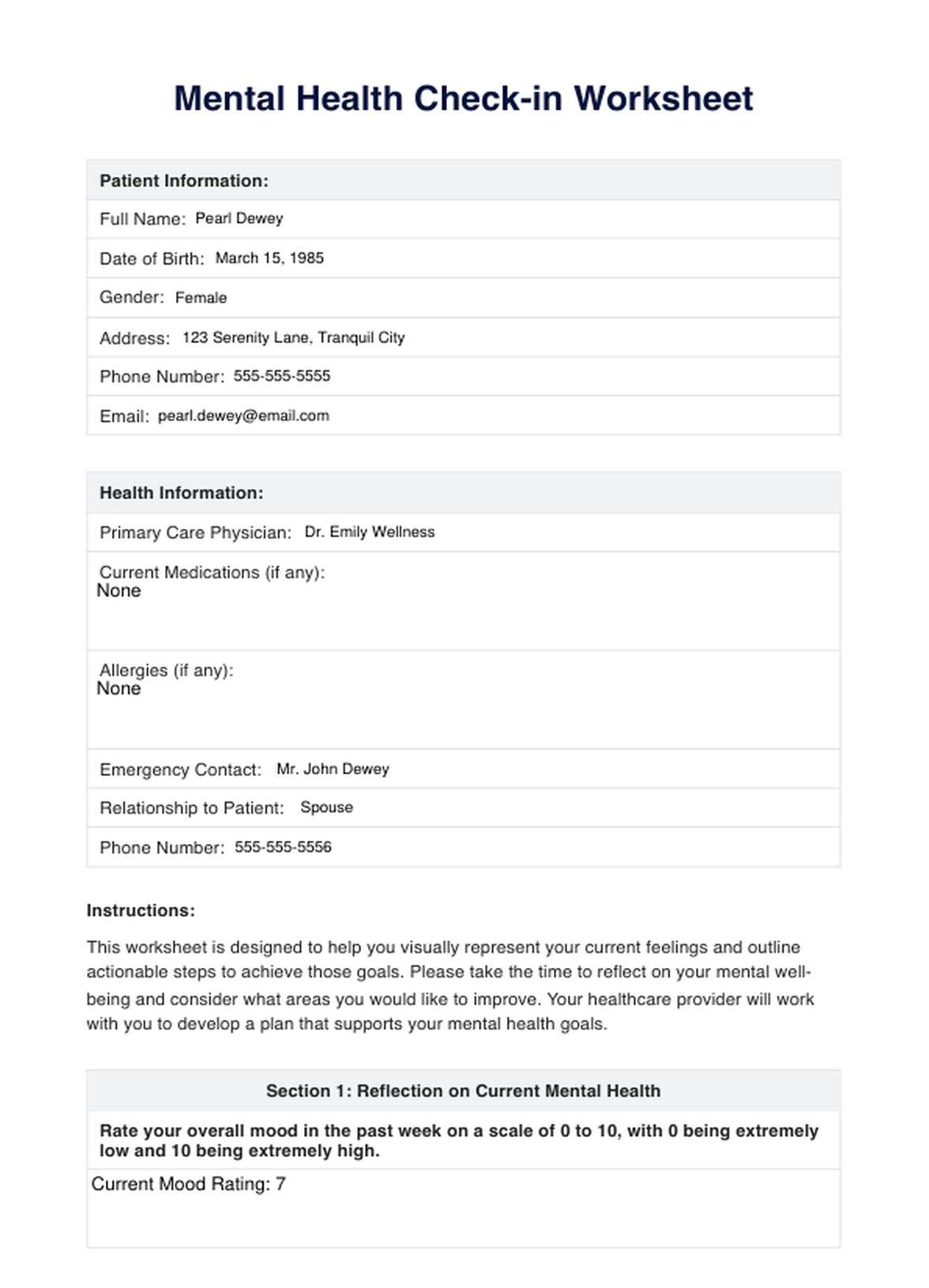

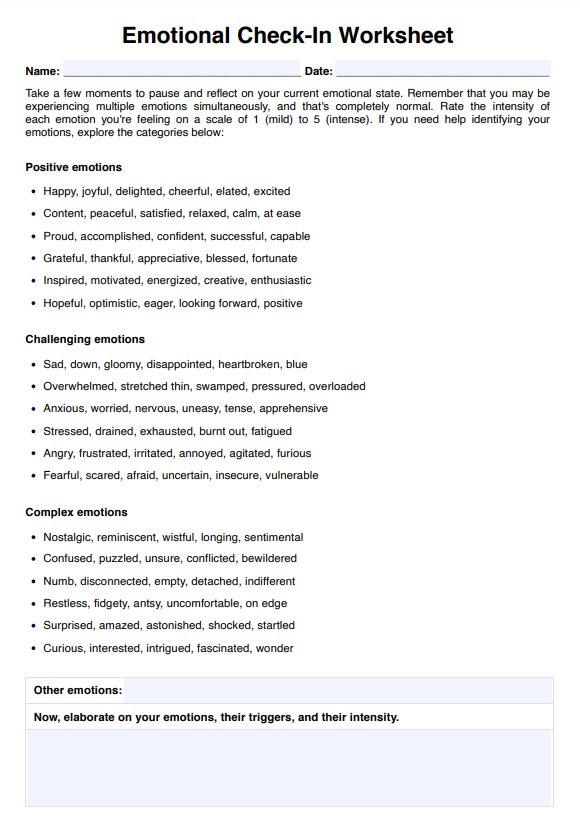
















-template.jpg)



















































































